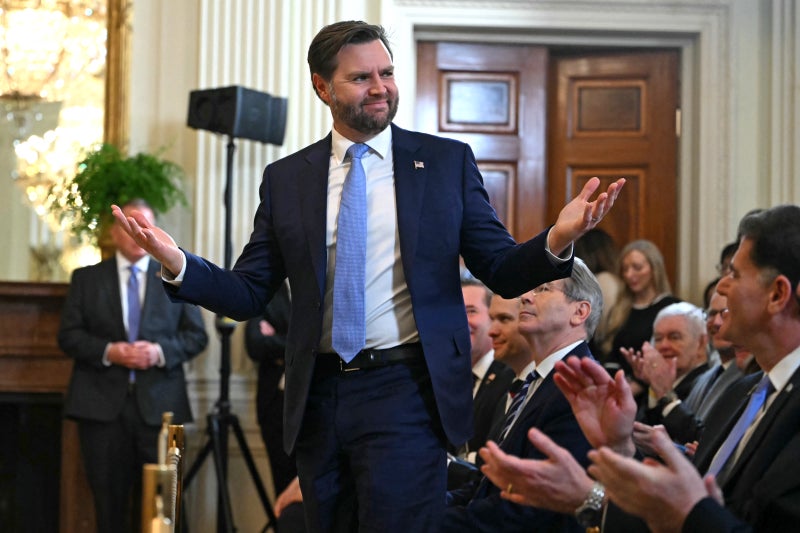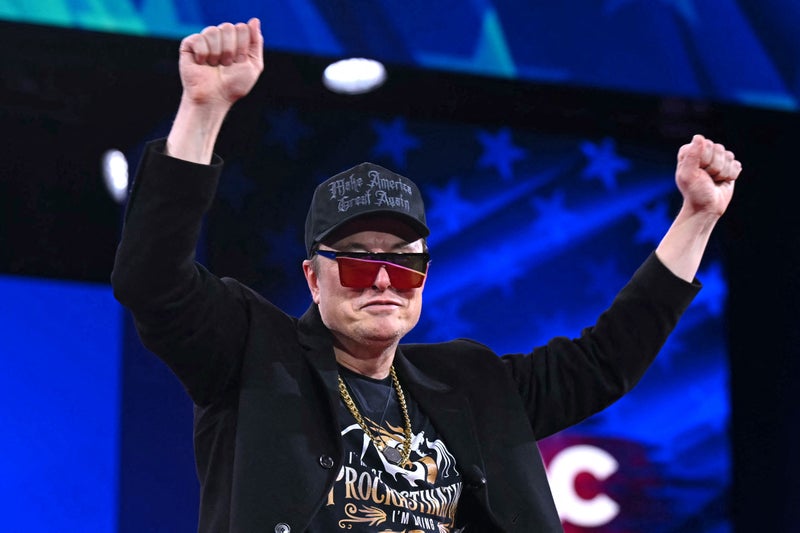Ahead of the opening of her retrospective at the Iziko South African National Gallery in Cape Town on 22 February, Williamson dismissed the US claims that South Africa was expropriating land from white Afrikaner farmers.
After Musk railed against South Africa’s “openly racist policies” on his social media platform X earlier this month, Trump signed an executive order cutting aid to the country, accusing its government of “unjust racial discrimination” against white Afrikaners and offering them asylum in the US.
For more than 50 years, Sue Williamson’s art has been shining a light on South Africa’s problems – first to campaign against the apartheid state, and then to question how far the country has progressed in reconciliation and remembrance.
After her friend Naz Ebrahim was served with an eviction notice while preparing Eid dinner in 1981, Williamson gathered rubble from demolition sites across District Six, a central Cape Town area declared a white-only zone in 1966.
But as she prepares for her first retrospective exhibition, the 84-year-old artist has a new pair of targets in sight: US president Donald Trump and his billionaire, South African-born adviser, Elon Musk.































